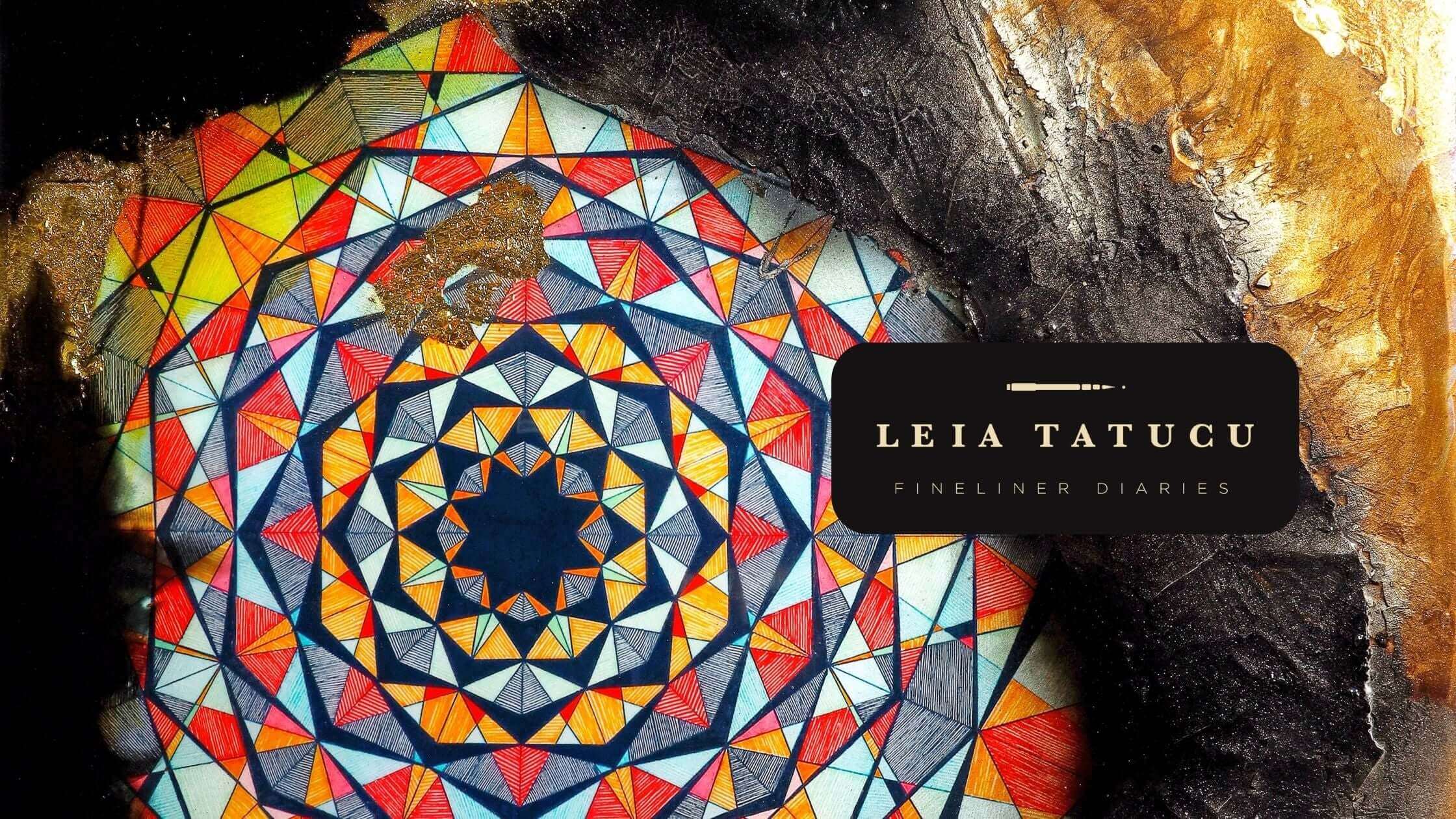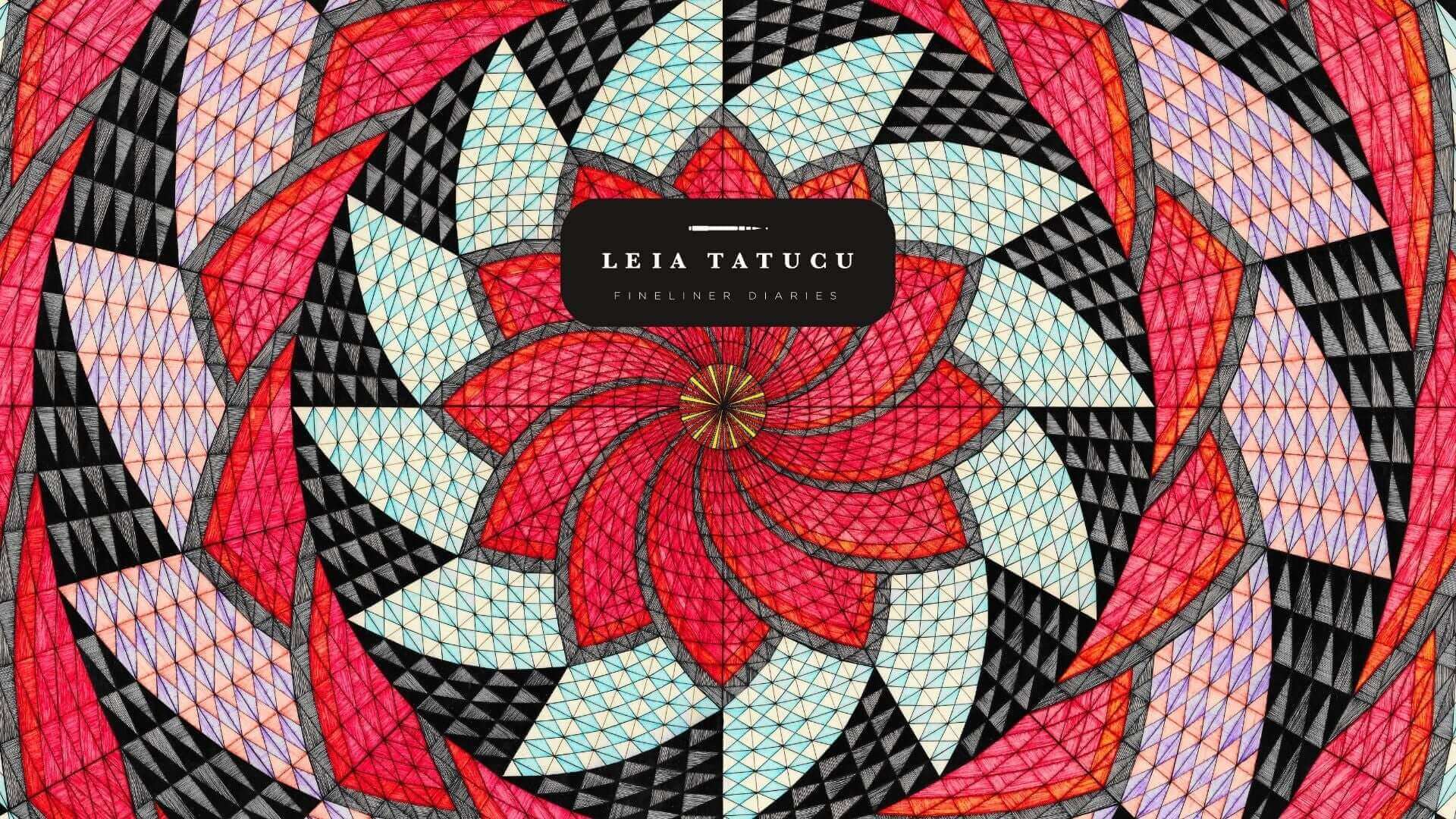
Harnessing the Power of Resilience to Conquer (Artistic) Challenges
In our previous blog post, we explored the core values that define the essence of Fineliner Diaries. Today, let's take a closer look at each of these values: Authenticity, Learning, Creativity, and Resilience.
Starting with Resilience, this skill holds immense significance in our lives. It is undoubtedly one of the most crucial abilities to possess, irrespective of the situation.
What does it mean to be resilient?
Resilience, what does it truly mean? My first encounter with this concept occurred during my study of the resistance of building materials. In simple terms, a material is considered resilient or ductile if it can recover from the stress it experiences. The significance of resilience (or ductility) becomes even more evident when faced with greater stress, as it allows the material to regain its original shape through elastic deformation. However, once the material starts to yield and undergoes plastic deformation, it loses the ability to return to its initial state.

Just as building materials demonstrate resilience through their ability to recover from stress, humans too embody this trait in the face of daily challenges. For instance, consider the stress factors we encounter daily - work pressure, personal conflicts, or any unexpected setbacks. Much like a ductile material regains its form after bearing load, we bounce back from these adversities, at best stronger and growing through these experiences. This elasticity in our personality, this ability to return to our original mental state by managing stress and overcoming obstacles, is a testament to our resilience. It's important to remember, though, that yielding to the strain is not indicative of failure or loss of resilience, but instead, it signals the need for support and change, much like how plastic deformation in materials indicates the need for reinforcement.
Indeed, the need for reinforcement is a call to action, prompting us to seek individual strategies for managing stress and optimizing our response to it. Just as different materials require unique forms of reinforcement, so too does each individual need a personalized approach to building resilience. For some, this may involve mindfulness exercises such as meditation or yoga, while for others, it could mean seeking support from therapy or counseling. Additionally, adopting a healthy lifestyle, encompassing a balanced diet, regular physical activity, and adequate sleep, can also contribute to enhancing resilience. By recognizing the areas that need reinforcement and proactively addressing them, we can enhance our resilience, better equipping ourselves to navigate life's challenges.
Utilizing a Creative Practice to Enhance Resilience
Creating art is a widely recognized and frequently employed coping mechanism, serving as a therapeutic tool to navigate daily stressors. Whether it involves writing, composing music, painting, drawing, or acting, art provides a safe space to explore our emotions and facilitates non-verbal communication. Through music notes, acting, colors, shapes, and textures, our inner world is reflected and projected outward, helping us achieve inner balance and a sense of joy. This creative pursuit not only fosters a sense of accomplishment but also cultivates mindfulness, allowing us to focus on the present moment and detach from our swirling thoughts and worries. It serves as a personal sanctuary where we reconnect with ourselves, strengthening our resilience and enhancing overall well-being. This shared experience underscores the universal healing potential of art, emphasizing its role as a powerful stress management tool and an essential aspect of our resilience toolkit.

Art has always served as a medium for creating beauty and expressing emotions. However, the process of creating art is far from easy. As artists, we often encounter various challenges, such as mental blocks, lack of inspiration, and demotivation. Yet, it is through our resilience that we are able to overcome these obstacles and emerge as the best versions of ourselves on our creative journey. Furthermore, navigating these creative blocks not only strengthens our artistic abilities but also equips us with the resilience to face stress in all aspects of life.
Identify the underlying cause of the challenge
To effectively address a challenge, it is crucial to identify its root cause. Developing resilience begins with this first step. Ask yourself, is it a lack of inspiration or motivation? Are you grappling with a specific technique or striving for perfection in a project? By pinpointing the main obstacle, you can devise a strategy to overcome it. For instance, if you're struggling with a particular technique, consider watching tutorials, reading books, or seeking guidance from a mentor.
Harnessing the Power of Positive Self-Talk
Do not underestimate the significance of the way you communicate with yourself and how practicing positive self-talk can profoundly impact your resilience. If you consistently belittle yourself or criticize your work, you are not setting yourself up for success. Instead, embrace positive self-talk by acknowledging and appreciating your efforts and progress. Remember that mistakes and failures are integral to the creative process, presenting opportunities for learning and personal growth as an artist.

Practice Mindfulness
Practicing mindfulness can help you stay focused and calm in the face of artistic challenges. Try meditation, deep breathing exercises, or yoga to center yourself and reduce stress. Mindfulness can also help you stay present in the moment, which is crucial for creative expression.

Keep a Routine
Creating art requires discipline and consistency. Make a habit of setting aside time each day or week for your creative practice. This will help you build the momentum needed to overcome challenges and stay motivated. Remember that creating art is a journey, and progress takes time and effort.
Request Support
Remember, you don't have to face artistic challenges or difficulties alone. Reach out for support from a mentor, peer group, or therapist. Having a support system can provide the encouragement and feedback necessary to overcome obstacles and keep creating. It's important to acknowledge the power of community in conquering challenges. Don't hesitate to ask for support when needed because together, we are stronger and can make significant progress on our creative journey.

In conclusion, resilience is an essential skill that can greatly contribute to personal and professional growth. By understanding the root causes of challenges, adopting positive self-talk, practicing mindfulness, maintaining a routine, and seeking support, individuals and artists can develop their skills and overcome any obstacle they face. The journey of creating art may require dedication and effort, but the rewards of beauty and joy it brings are truly priceless. So, let resilience be your guiding force as you continue to pursue your artistic dreams and embrace personal growth along the way.




Leave a comment
This site is protected by hCaptcha and the hCaptcha Privacy Policy and Terms of Service apply.